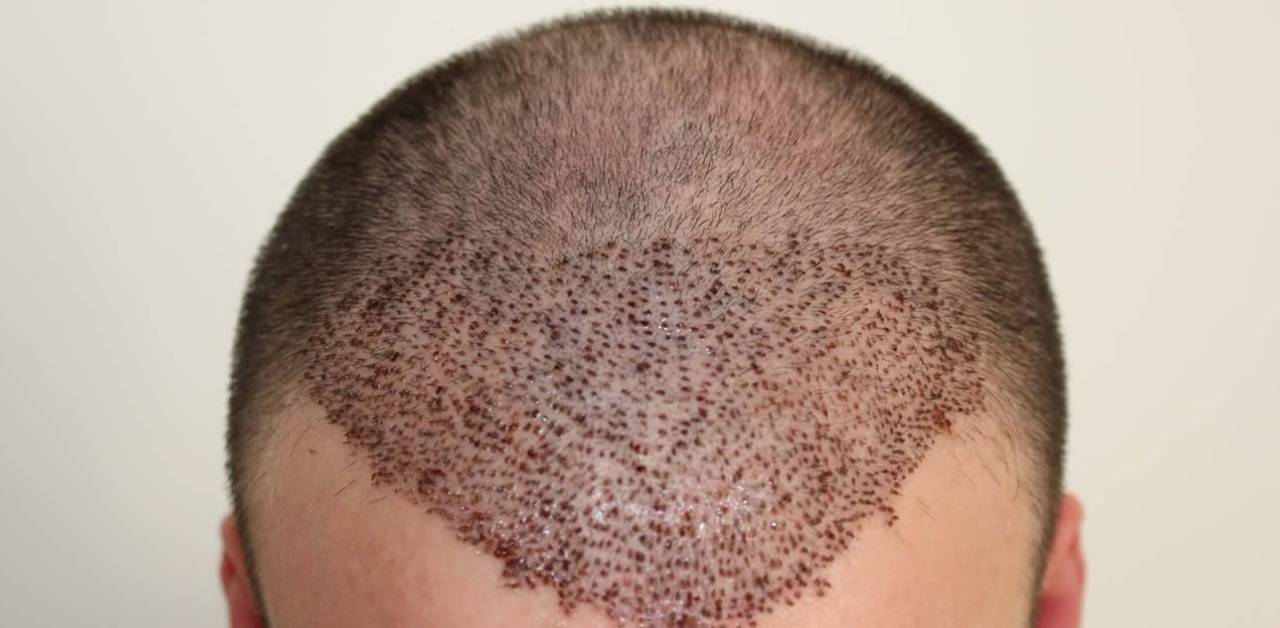Complete Guide Which Season is Better for Hair Transplant?
Hair loss is a common problem for many people, and hair transplant surgery is one of the most effective treatments for restoring hair growth. However, when it comes to scheduling a hair transplant surgery, many people wonder if there is a better season for the procedure. While there is no definitive answer to this question, there are some factors to consider when deciding which season is best for hair transplant surgery.
Firstly, it is important to note that hair transplant surgery can be performed year-round, regardless of the season. Hair transplant surgery is a delicate and intricate procedure that requires the skill and expertise of a qualified surgeon, as well as careful planning and preparation.
Therefore, the timing of the surgery should be based on a number of factors, including the patient’s individual needs and preferences, the surgeon’s availability, and the climate conditions in the area where the surgery will be performed.
That being said, there are some advantages and disadvantages to scheduling hair transplant surgery during different seasons. Here are some factors to consider when deciding which season is best for hair transplant surgery:
Summer:
Summer is a popular time for vacations and outdoor activities, which may make it a more convenient time for some people to undergo hair transplant surgery. However, there are some drawbacks to scheduling hair transplant surgery during the summer months.
One of the biggest concerns is the risk of sun exposure, which can cause damage to the scalp and increase the risk of complications during the healing process. It is important to protect the scalp from the sun for several weeks after the surgery, which may be difficult to do during the summer months when people tend to spend more time outdoors.
Additionally, the hot and humid conditions of summer can make it uncomfortable to wear hats or other head coverings that may be recommended during the recovery period. This can make it difficult to conceal the surgery from others, which may be a concern for some patients.
Fall:
Fall is a popular season for hair transplant surgery because the cooler temperatures make it more comfortable to wear hats or other head coverings that may be recommended during the recovery period. Additionally, fall is typically a less busy time of year for many people, which may make it easier to take time off work or other obligations for the surgery and recovery period.
However, it is important to be aware of the changing weather conditions during the fall months. Patients who undergo surgery in the fall should be prepared for cooler temperatures and possibly inclement weather, which may make it more difficult to go out in public and cover the head with a hat or scarf.
Winter:
Winter is another popular season for hair transplant surgery, as cooler temperatures and decreased sun exposure can be beneficial for the healing process. Additionally, the winter months are typically a slower time of year for many people, which may make it easier to take time off work or other obligations for the surgery and recovery period.
However, it is important to be aware of the potential risks associated with surgery during the winter months. Patients who undergo surgery in the winter should be prepared for colder temperatures and the possibility of snow or ice, which can make it more difficult to get around and may impact the recovery process.
Spring:
Spring is also a popular time for hair transplant surgery, as the mild temperatures and decreased sun exposure can be beneficial for the healing process. Additionally, the spring months are typically a less busy time of year for many people, which may make it easier to take time off work or other obligations for the surgery and recovery period.
However, patients who undergo surgery in the spring should be aware of the potential risks associated with seasonal allergies. Allergies can cause itching, swelling, and other symptoms that may make it more difficult to care for the scalp during the recovery process. Patients who suffer from seasonal allergies may need to take additional precautions to minimize their symptoms during the recovery period.
In conclusion, there is no one
